Over 100 million people will fill a prescription for levothyroxine this year and most of these people have no idea how many things interfere with its function.
Why does it matter?
Because if you aren’t taking it correctly then there’s a good chance it’s not going to help you feel better.
Most people know they shouldn’t take their thyroid medication with obvious things like food and coffee, but few understand this applies to supplements as well!
Which is exactly why today we’re going to talk about supplements that interfere with your thyroid medication so you can be sure you aren’t taking any.
#1. Biotin
Biotin has a bad reputation among thyroid patients, but most people don’t really understand how or why it can cause problems.
So let’s set the record straight:
Biotin does NOT have any impact on thyroid function, but it can interfere with the accuracy of your thyroid lab test results.
If biotin is taken in high doses before you get your labs tested, it can interfere with the thyroid testing assay and make it look like you have MORE thyroid hormone in your system than you really do (1).
This means your thyroid lab tests will look hyperthyroid or like you’re taking too much medication.
But remember:
It’s not actually impacting your thyroid, but it can become a problem if your doctor uses your inaccurate thyroid lab tests to adjust your medication.
If they do this, then you may end up having your dose reduced unnecessarily leading to more symptoms which is why it’s included on this list.
If you are someone taking thyroid medication then you must be aware of this interaction or you’re setting yourself up for a bad time!
The simple solution to the biotin problem is to just avoid taking your biotin dose 2-3 days before you get your labs drawn.
And this completely solves the problem.
There’s no need to avoid it, but you do need to make sure you’re using it correctly.
Use this opportunity to double-check the back of any supplements you’re taking to see if they contain biotin and take that into account when you get your labs drawn next.
#2. Caffeine
And let me take the unpopular position here and just say that if you’re taking thyroid medication then you should probably be avoiding caffeine 100%.
This includes coffee, energy drinks, sodas, and pretty much anything else that contains caffeine (2).
How come? For two main reasons:
The first is that caffeine speeds up the movement of your intestinal tract which means your thyroid medication spends less time in your gut and less of it gets absorbed.
And because caffeine has a half-life of 5 hours (meaning each dose stays in your system for 25 total hours (3)), this effect occurs pretty much no matter what time of day you consume it.
But there’s another reason…
Caffeine has a stimulatory effect on adrenal function and cortisol which can make thyroid-related fatigue even worse.
And If you’re not careful, you can get into a cycle whereby you are reliant upon caffeine for energy but each dose you take only serves to cause more fatigue in the long run.
This makes managing your dose of thyroid medication far more complicated than it needs to be.
#3. Iron and Calcium
For #3, I’ve combined both iron and calcium together because they cause the same issue:
If taken within 4 hours of your thyroid medication, they can bind to and inactive it.
Depending on how much iron or calcium you are taking, they can bind up to 25% of your total dose of thyroid hormone (4).
Higher doses cause higher binding.

This nasty effect also occurs if you eat foods that are high in iron or calcium which is one of the reasons you’re told to take your thyroid medication on an empty stomach.
Luckily, the solution is simple:
Just be sure to take your thyroid medication 4 hours away from any supplements or foods that contain calcium or iron.
But don’t make the mistake of thinking that iron or calcium are somehow harmful to your thyroid health because they aren’t.
In fact, your body requires iron to make thyroid hormone!
And if you are deficient, your body will have a difficult time making what it needs which means you’ll be even more reliant on thyroid medication.
But as long as you take it 4 hours away from whenever you take your thyroid medication, you’ll be good to go.
#4. Glucomannan (and other fiber supplements)
Thyroid patients are big fans of glucomannan because of its beneficial effects on weight, appetite, blood sugar, and cholesterol (5).
These, of course, happen to be some of the biggest and most concerning symptoms that thyroid patients have to deal with.
But the reason it works so well is also the reason that it interferes with thyroid medication:
By acting as a sticky glue in your intestinal tract.
Not only does it slow down the absorption of sugar, thereby positively impacting insulin and appetite, it also slows down the absorption of thyroid medication if taken too close together.
And if this happens, it will interfere with your thyroid medication and may make your hypothyroid symptoms worse.
But much like iron and calcium, just because it can cause issues doesn’t mean it has to.
And you can completely solve this problem by taking glucomannan 4 hours away from whenever you take your thyroid medication.
So if you like taking your thyroid meds in the morning, you’ll be safe to take glucomannan with lunch which means you can enjoy its effects on appetite pretty much throughout the entire day.
What about fiber?
Glucomannan is a soluble fiber, but there are plenty of other types of fiber out there like metamucil, citrucel, benefiber, and so on, which are often used to treat constipation.
And these fiber supplements can also delay the absorption of thyroid medication, but not quite to the same degree.
Studies have shown that if you were to take levothyroxine at the same time as metamucil, you’d see a drop in levothyroxine absorption by about 9% (6).
Not huge, but still enough to cause problems which is why you shouldn’t do it.
#5. Estrogen enhancing supplements
These are supplements that support and enhance the effects of estrogen and include things like (7):
Many of these are found in supplements targeted toward women’s health and menopause so if you are taking something that is specifically marketed toward women, there’s a good chance that one or more of these might be included.
It isn’t necessarily a problem if you are on them, because it’s actually critical for women, especially those with thyroid problems, to have a balanced ratio of estrogen to progesterone.
But you should be aware of their impact on your thyroid.
Anything that you’re taking that increases estrogen will increase an enzyme known as thyroid-binding globulin.
And this enzyme is responsible for carrying thyroid hormone throughout your body.
Here’s how it works:
Thyroid hormone is too powerful to just float around in your body so more than 99% of it is bound and unavailable for use by proteins like thyroid-binding globulin (8).
This leaves a measly 1% of thyroid hormone available for your body to use.
When you increase estrogen, you increase thyroid-binding globulin, which reduces that 1% even further.
And if not accounted for with adjustments in your medication, you may inadvertently make your thyroid function worse.
By the way, even though we’re talking about supplements today, you should know that this same thing occurs if you’re taking an estrogen medication or birth control (9).
Now, when it comes to supplements, it’s totally worth it to accept this change in thyroid function by increasing estrogen because of how beneficial having a normal estrogen level is.
But it must be accounted for, usually with an increase in your dose of thyroid medication.
And the only way to identify that this is happening, is by checking your free thyroid hormones which most doctors don’t do.
If they are only looking at the TSH, then they will not see these effects.
This is yet another reason why getting a complete set of thyroid lab tests is so important.
And if you want to learn which tests every thyroid patient should get, I would recommend checking out this article next.
Scientific References
#1. https://www.ncbi.nlm.nih.gov/pmc/articles/PMC6103391/
#2. https://www.ncbi.nlm.nih.gov/pmc/articles/PMC9511168/
#3. https://www.ncbi.nlm.nih.gov/books/NBK223808/
#4. https://pubmed.ncbi.nlm.nih.gov/12487769/
#5. https://www.ncbi.nlm.nih.gov/books/NBK75346/
#6. https://pubmed.ncbi.nlm.nih.gov/9737361/
#7. https://www.ncbi.nlm.nih.gov/pmc/articles/PMC6062382/
#8. https://www.ncbi.nlm.nih.gov/books/NBK285566/
#9. https://pubmed.ncbi.nlm.nih.gov/32219692/
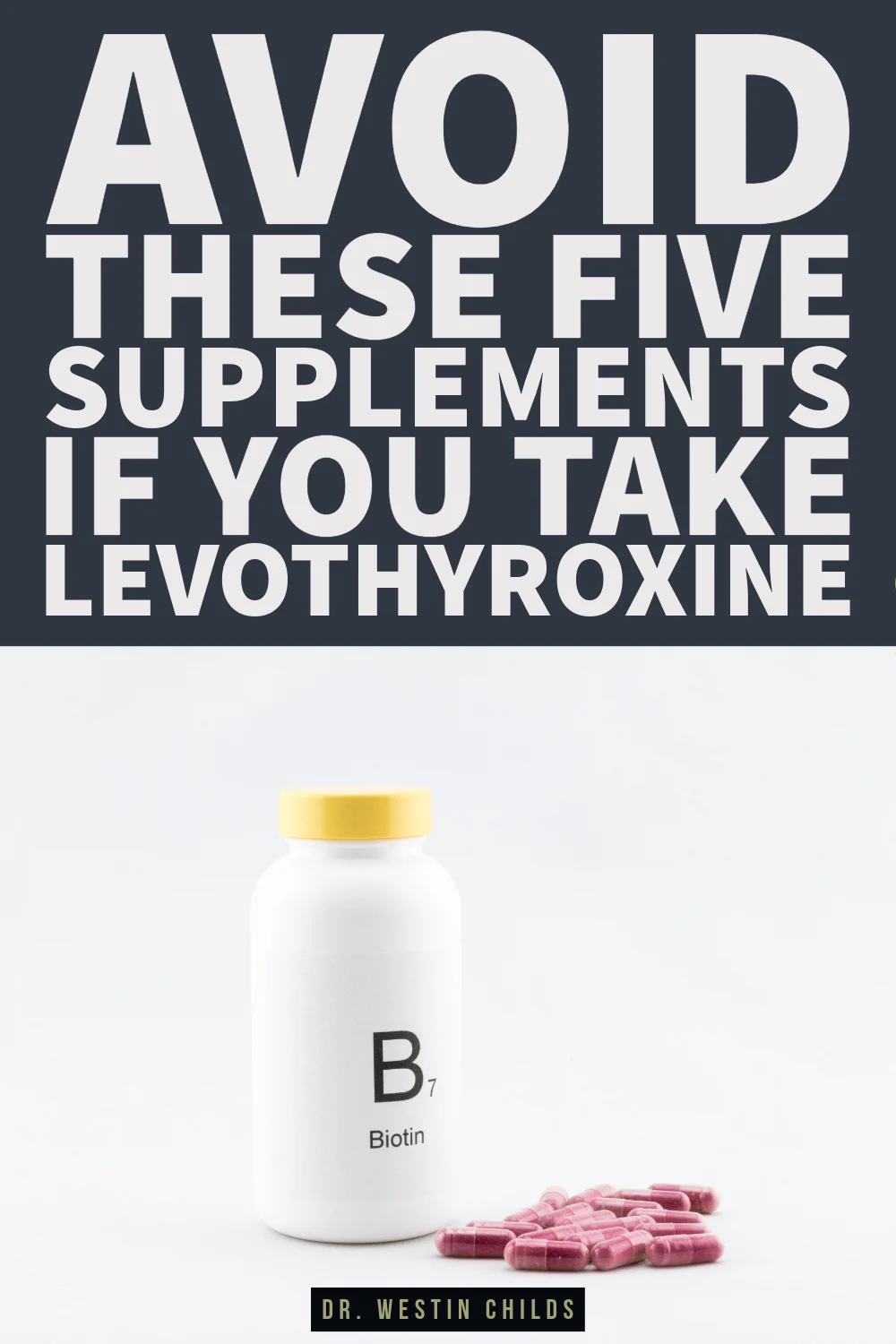
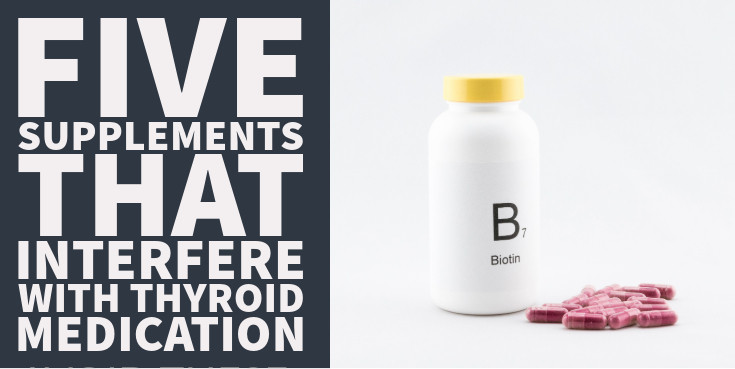

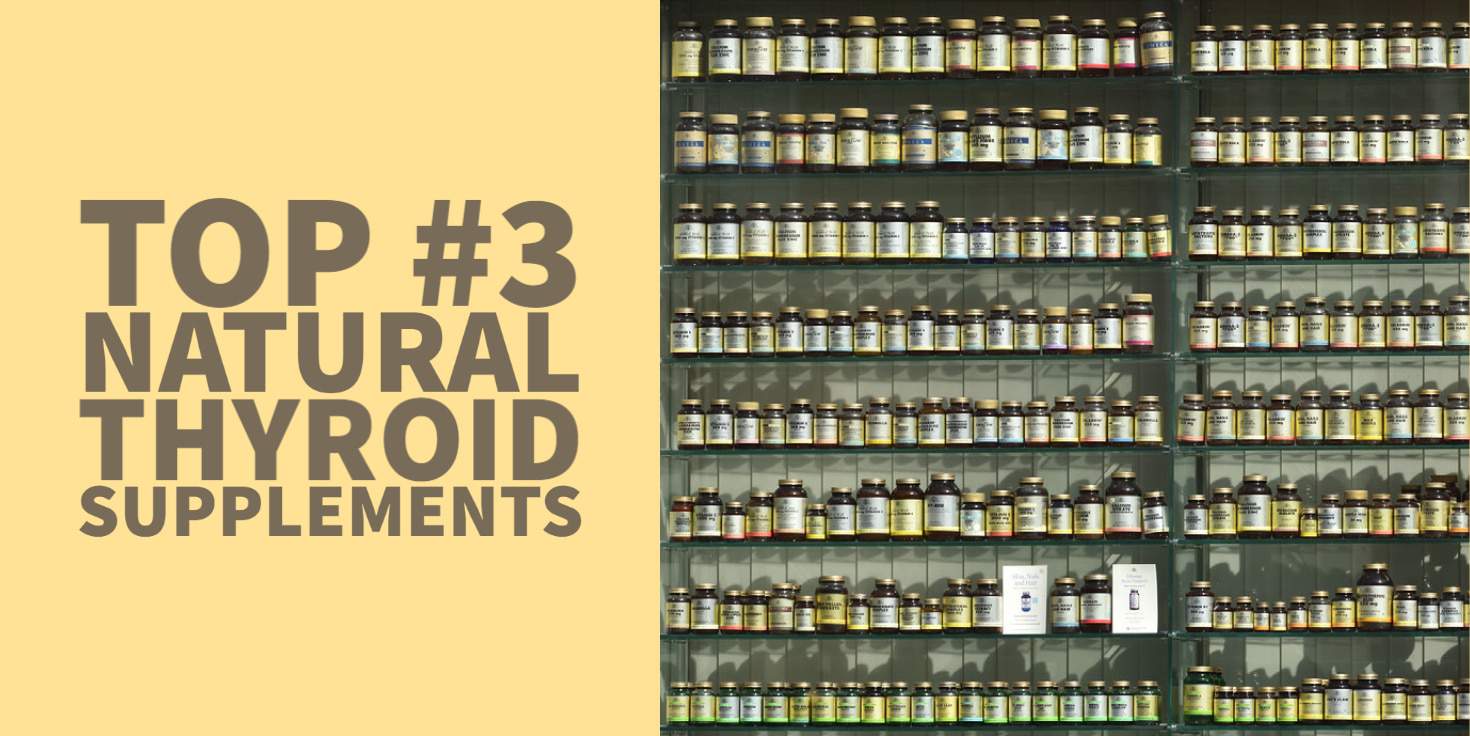

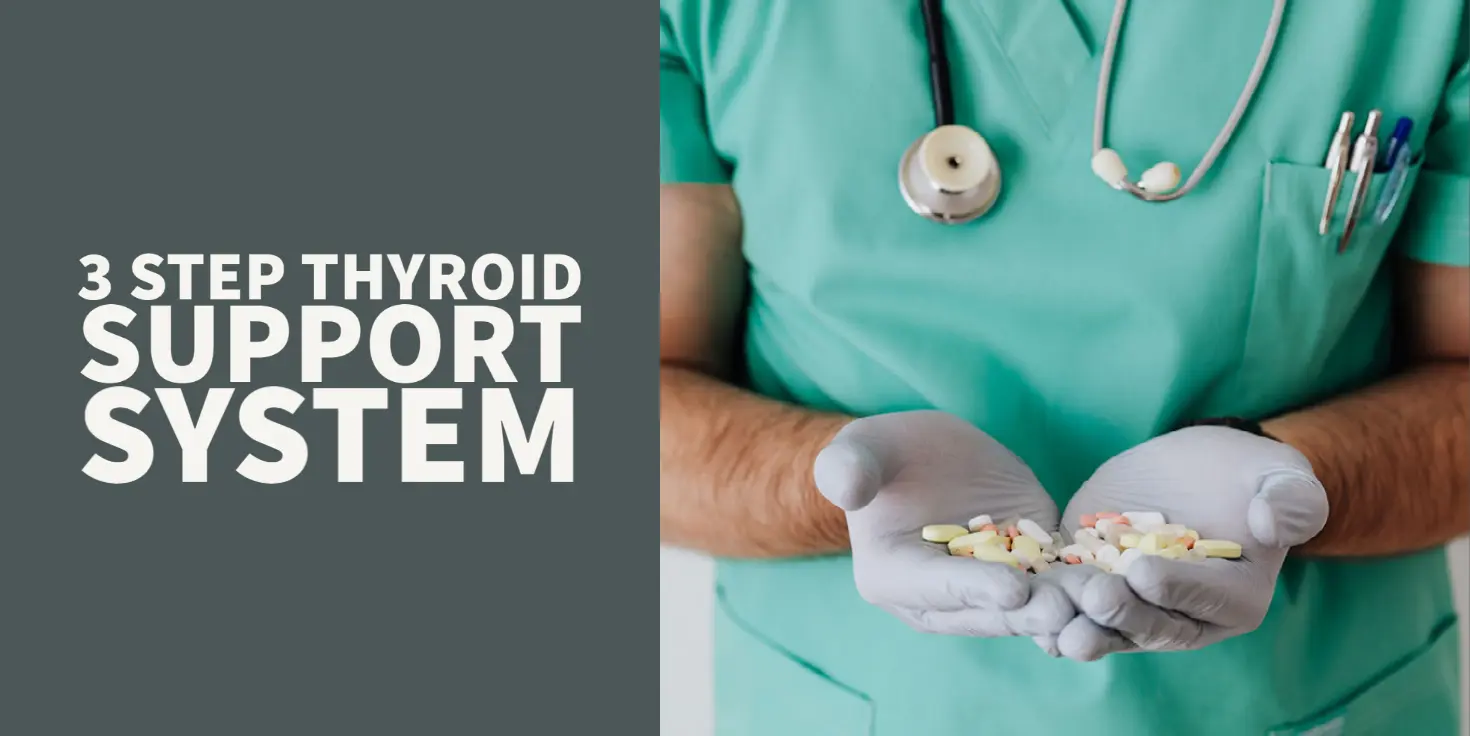

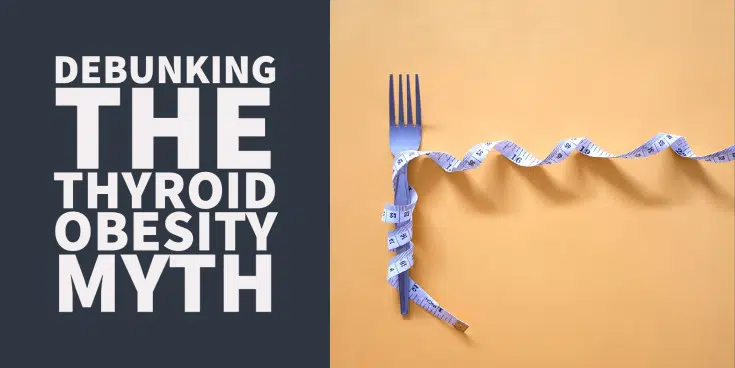
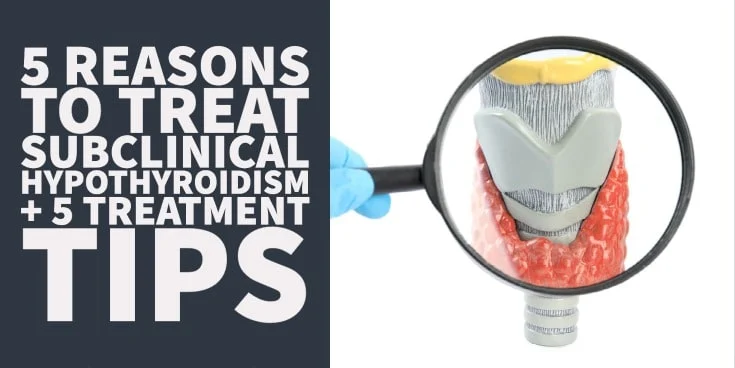

I am adding 5mcg to my armour thyroid 120 twice a day. My reverse t3 was 23. How long before I lose 10 pounds. Do I also need a supplement thank you
Hi Judy,
It doesn’t quite work that way as most thyroid medications do not cause weight loss. You can learn more here: https://www.restartmed.com/best-thyroid-medication-weight-loss/
I have an issue with Hyperthyroidism but it is not being treated . I am very disappointment in my doctors have been difficult to work with . I have undersirable health problems, this is causing issue my present health. I have tried but they do not follow thru. I never feel well, that is not good . What do you advise ? Please respond
Hi Nancy,
The next best step would be to seek out a second opinion and find a new doctor. We know from surveys that some thyroid patients have spent 10+ years with bad doctors, but this makes absolutely no sense. Why waste 10 years of your life sticking with someone that isn’t willing to help you? For the life of me, I can’t understand why people do this, but we know they do. I would recommend checking out this resouce: https://www.restartmed.com/how-to-find-a-doctor-to-treat-your-thyroid/
I AM ON A THYROID MEDICATION CAN.T I JUST A VITIAMIN TO HELP MY THYROID I TAKE L THYROXINE 75MG
Hi Bealah,
Supplements can definitely help support thyroid function and help you feel better, but they generally do not take the place of thyroid medication. If you are looking to support your thyroid with supplements, I’d recommend checking out this set of supplements: https://www.restartmed.com/product/hypothyroid-bundle/
I find it difficult to abstain from food for four hours before or after taking my thyroid (30 mg Armour, plus 25 mcg levothyroxine).
I take my thyroid when I first am awake in the morning and wait at least an hour to eat. It’s best for me to eat within that time for blood sugar reasons. My breakfast will often contain calcium in the form of yogurt or creme. I do drink coffee after breakfast, am trying to quit, but it does help with bowel movements (and I like it). I don’t like to take thyroid at night before bed as I have other medication/supplements to take at that time (low dose Naltrexone 4.5 mg, melatonin .5 mg, and a magnesium capsule 200 mg). Do you have any comments/suggestions?
Hi Robin,
For most people, the stomach will empty after about 2 hours and some even closer to 60 minutes. You can try squeezing down the timeframe to see if that works for your anatomy.
Hello Dr. Childs,
I just turned 90 years old, and no one believes me! I have the agility of a 30-year-old, and feel good all the time! I started taking Levothyroxine at age 27, and have been taking it ever since.
Actually before I began taking thyroid med, I felt so horrible that I just wanted to sleep all the time. I went to three doctors who didn’t do blood work back then, and was told ‘it was all in my head’.
When I went home to Mom, she took me to her doctor who put me on a pill that I understand is given to children in poor countries. He told me that I’d feel back to normal in three day, but to come back to see him the fourth day. He then put me on Levothyroxine which I’ve taken every day since. My question to you, after so many years, should I be taking a higher dose than 50 MCG?
Hi Janet,
The short answer is yes, probably, but the only way to know for sure is to evaluate both your lab tests and symptoms in the context of your dose and medical history.
So what about hormone replacement therapy due to menopause? It is estrogen after all.
Hi Joanna,
You just need to adjust your dose of thyroid medication to compensate for the estrogen. This is explained in more detail in the article.
Is drinking Dose (mushroom coffee) okay? I’m hypothyroid so…
Hi Stephanie,
I don’t recommend drinking coffee for thyroid patients, but mushrooms are okay.
You can learn more about why here: https://www.restartmed.com/coffee-and-synthroid/
Thank you very much for your very informative articles.
They are a great insight into all things thyroid.
I have recommended you to friends.
Hi Nancy,
Glad you found them helpful! And thanks for sharing.
I have been taking levothyroxine for a number of years now. I’ve needed to have dosage adjusted a couple times in that time frame. My question relates to thyroid and anxiety. Ten years ago I had a major anxiety episode that put me in the hospital and two seperate inpatient mental health facilities. I was diagnosed with depression. There were multiple factors precipitating the episode. This was an occurance that ended my career. Put me on disability. Ten years later I’ve had an additional episode. This time it was not emergent, and I was able to get to my primary physician. My thyroid labs were way off. Adjustments in medication returned thyroid function to normal. Both episodes brought on a few concerning symptoms. GI symptoms bowel function limited. Couldn’t sleep at all until I had the proper medication prescribed. Sorry for going on like this. I just want to collect whatever info I can address these issues. I had a very stressful job caring for severly ill and disabled people in their homes. Thats when anxiety started. I’m going to stop my story and ask directly. What part of this could the thyroid have played a part in. My research indicated there can be a direct relationship between anxiety and thyroid function. Do you have any information that could possible help me understand what’s going on in my body and mind? Janice Miller Wasn’t sure if this is the right place to make my situation public. My apologies if I was mistaken. Your feedback will be much appreciated. Sincerly
Dr Childs,
My sister has hypo and has been on meds for decades. Recently she was diagnosed with breast cancer that is caused by too high amount of estrogen. Now she on a estrogen losing med to is sucking the life out of her. Do or die!
Any suggestions?